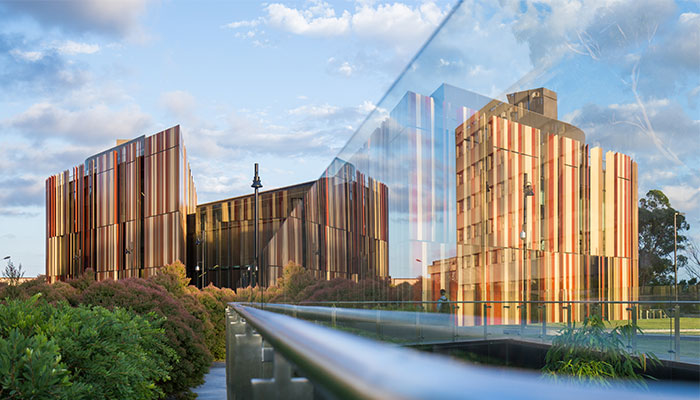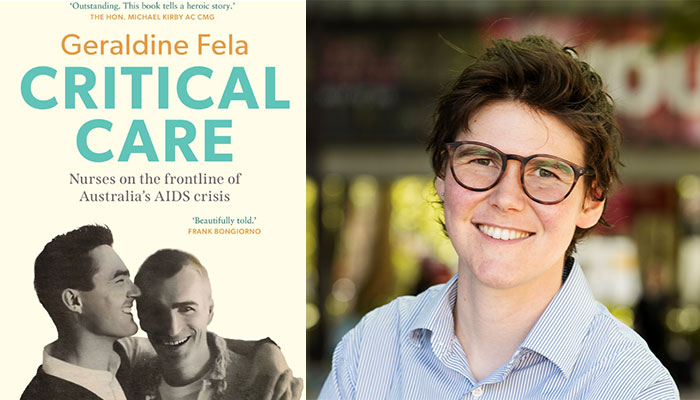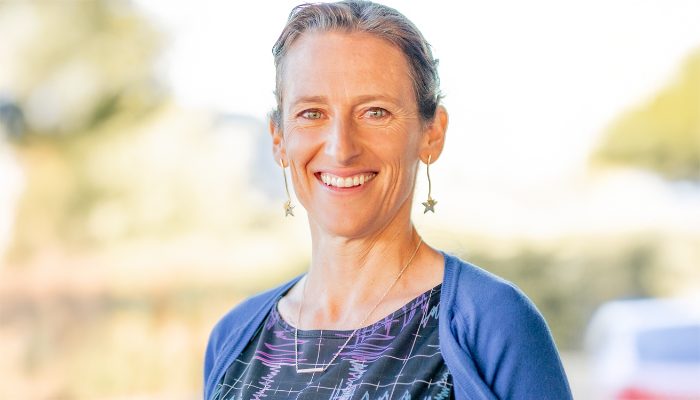Macquarie University Deputy Vice-Chancellor Research, Professor Sakkie Pretorius, congratulated the University’s researchers for securing the grants.
“We are thrilled for our researchers who were awarded funding under the Discovery Projects scheme, and to see the range of high-quality research projects that will be supported,” says Professor Pretorius.
“This funding will enable Macquarie’s continued commitment to conducting research with world-changing impact.”
New Discovery Projects will be led by Macquarie University Lead Chief Investigators as follows (with other Macquarie University investigators also noted):
Professor Chris Dixon, Department of Modern History, Politics and International Relations – aiming to provide the first detailed analysis of African Americans in the Korean War.
Professor Bronwen Neil, Department of Ancient History – study how leaders have addressed upheaval and crises in Roman history between 250-1000 CE. (Chief Investigator: Dr Evangelia Anagnostou-Laoutides)
Dr Jane Johnson, Department of Philosophy – looking at how medical device company representatives’ obligation to maximise sales conflicts with their clinician support role. (Chief Investigators: Professor Wendy Rogers, Dr Katrina Hutchison and Dr Robyn Clay-Williams)
Distinguished Professor Anne Castles, Department of Cognitive Science – addressing the major unsolved problem of how children build their knowledge about printed words through their reading. (Chief Investigators: Dr Lisi Beyersmann and Professor Erik Reichle)
Professor Genevieve McArthur, Department of Cognitive Science – understand why children with reading impairments are at increased risk for emotional problems. (Chief Investigators: Professor Jennifer Hudson and Professor Viviana Wuthrich)
Dr Titia Benders, Department of Linguistics – uncover the connected perception and production processes that underpin language challenges for children with hearing loss. (Chief Investigator: Professor Katherine Demuth)
Dr Arne Ittner, Department of Biomedical Sciences – understand the molecular principles that facilitate encoding, maintenance and retrieval of memories in the brain. (Chief Investigator: Professor Lars Ittner)
Professor Martin Kennedy, Department of Earth and Planetary Sciences – produce environmental records during ocean warming events in the geologic past to reveal processes associated with warm oceans similar to those anticipated in the coming century.
Associate Professor Nathan Daczko, Department of Earth and Planetary Sciences – uncover new knowledge about volcanic arcs, which are crucial to understanding geochemical cycles, tectonic-climate coupling, ore genesis and natural hazards. (Chief Investigators: Professor Stephen Foley and Associate Professor Heather Handley)
Dr Thomas Williams, Department of Molecular Sciences – better understand genome complexity by engineering minimal yeast genomes that have fewer genes, and are therefore easier to characterise and engineer. (Chief Investigator: Professor Isak Pretorius)
Professor Simon Griffith, Department of Biological Sciences – characterise how contamination from the extraction of precious metals can spread through the environment and how it effects a highly urbanised bird, the house sparrow. (Chief Investigator: Professor Mark Taylor)
Associate Professor Adam Sikora, Department of Mathematics and Statistics – study linear and nonlinear harmonic analysis, with the aim to improve tools for mathematical modelling in all areas of technology and science.
Professor Stephen Hanly, School of Engineering – characterise and optimise information gathering, dissemination, and communication capacities of airborne base stations to enable low latency communications in rural and remote areas, enabling secure wide-spread communications coverage and delivering economic benefits to remote Australia. (Chief Investigators: Professor Iain Collings and Dr Hazer Inaltekin)
Distinguished Professor Michael Gillings, Department of Biological Sciences – examine the origins of gene cassettes that play a role in spreading antibiotic resistance among pathogens. (Chief Investigator: Dr Sasha Tetu)
Dr Yuling Wang, Department of Molecular Sciences – develop a platform technology for multiplexed glycan mapping of the surface of a single cell to address challenges of functional glycomics by utilising a conceptually new approach. (Chief Investigator: Prof Nicolle Packer)
Professor Deborah Richards, Department of Computing – investigate ways to train reflective ethical decision making in cybersecurity management through the design of interactive social simulations. (Chief Investigators: Dr Malcolm Ryan, Associate Professor Paul Formosa and Associate Professor Michael Hitchens)
Dr Ming Li, School of Engineering – advance molecular understanding of antibiotic resistance in bacterial populations at the single-cell level, using an innovative approach integrating microfluidics, microscopy and genomics. (Chief Investigator: Dr Amy Cain)
Professor Michael Sheng, Department of Computing – develop innovative techniques to efficiently and effectively distil truthful information from misinformation in the inherently unreliable and large-scale web environment. (Chief Investigators: Professor Jian Yang and Dr Wei Zhang)
Professor Ken Cheng, Department of Biological Sciences – investigate how desert ants use their surroundings and magnetic cues to navigate. (Chief Investigators: Dr Ajay Narendra and Associate Professor Andrew Barron)
Distinguished Professor Ian Paulsen, Department of Molecular Sciences – undertake systematic functional characterisation of marine cyanobacteria systems and determine their physiological and ecological importance in the marine food web.
Distinguished Professor Deborah Schofield, Centre for Economic Impacts of Genomic Medicine – address one of the biggest gaps in health and productivity research by designing a novel composite national metric that will rank lost productivity due to chronic illness. Chief Investigators: Dr Rupendra Shrestha and Adjunct Professor Simon Kelly)
Distinguished Professor David Throsby, Department of Economics – determine how the economic and cultural value of artistic and cultural enterprises is created, transmitted and received, with application to the live theatre.
Professor Tom Smith, Department of Applied Finance – develop and test a new methodology to determine the potential consequences of effective action on climate change for the asset values of fossil fuel firms. (Chief Investigator: Professor Martina Linnenluecke)



